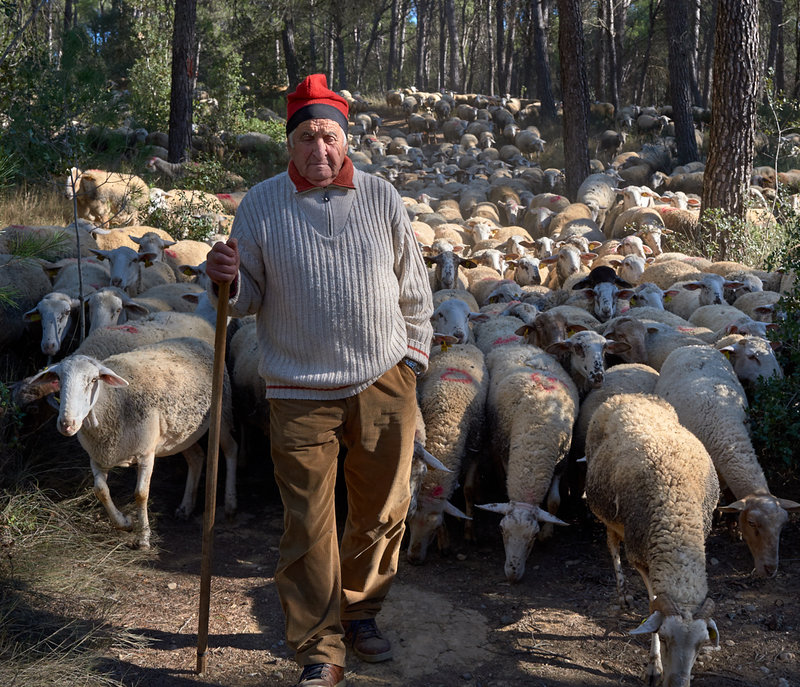Challenges
Climate change, large-escale depopulation & fire as a new risk
-
A major current global challenge is how to live with fire. The world has tried to fight fire for decades, and while it is widely known that fire prevention and landscape management can be done for a fraction of the costs and impacts of fire suppression, the standard mode around the world is to keep on resisting fire.
-
Money spent on fire safety, especially disaster-scale fires (i.e. wildfires, informal settlement fires, urban conflagrations) tends to be reactive rather than proactive. Yet the world is changing. Climate change is increasing the frequency of extremes of droughts, strong winds and temperatures (IPCC).
-
European fire regimes are moving northwards from tradition-ally fire prone countries to temperate countries and even the boreal (Summer 2018). In the South, fires have turned so monstrous that even people used to live with fire are not prepared to face it, or survive (Portugal 2017, Greece 2018).
These changes exist in a context of large-scale depopulation of the Mediterranean countryside during the 1950-60’s, followed in recent years by migration of urban people into the so-called wildland-urban interface (WUI), and an annual influx of tourists into fire-prone regions.
-
In NW Europe, fire as a new risk exists in exceptionally low awareness and preparedness of citizens, governments and emergency services, while population densities are high, people love living and recreating in green areas, and considerable economic value is at stake.
From South to NW Europe, there is therefore a critical need to be prepared to live with fire as a new risk as fires are unlike those we know from the past.

